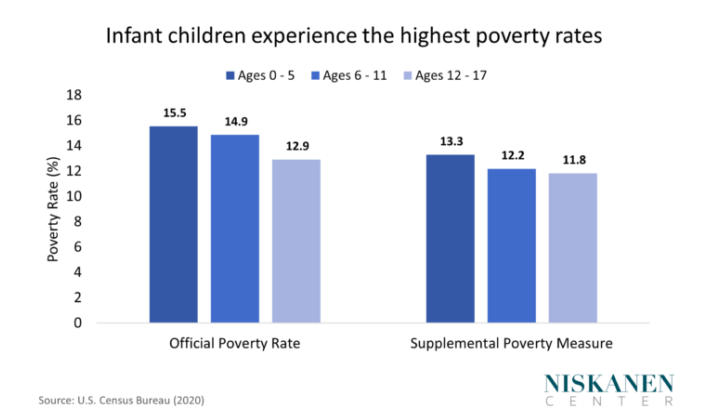
The U Visa backlog is out of control.
The bigger it gets, the more danger immigrant crime victims are in. And the worse U.S. public safety gets.
Congress must increase the cap & clear the backlog.
NEW COMMENTARY: niskanencenter.org/a-broken-syste…
The bigger it gets, the more danger immigrant crime victims are in. And the worse U.S. public safety gets.
Congress must increase the cap & clear the backlog.
NEW COMMENTARY: niskanencenter.org/a-broken-syste…
The #Uvisa backlog as of the end of FY 2021 stands over 170,000. It grew by an average of 16,000+ applications annually between FY 2011 - FY 2021.
Using these numbers, if NO NEW U visa petitions were filed, it would take over 17 years to completely clear the backlog.
17 years.
Using these numbers, if NO NEW U visa petitions were filed, it would take over 17 years to completely clear the backlog.
17 years.

There are a few ways we can fix this. One is to hire more staff. @AILANational recommends hiring 60-80 additional U visa adjudicators to see whether some visas could be recaptured. aila.org/File/Related/2…
Congress can recapturing the almost 40,000 unused T visas from the last decade and awarding them to approved, backlogged U visa applicants.
The T Visa is for victims of human trafficking and is badly underutilized. niskanencenter.org/congress-can-h…
The T Visa is for victims of human trafficking and is badly underutilized. niskanencenter.org/congress-can-h…

ALL victims must get a positive attestation from a certifying agency to apply for a U visa.
What must a victim do to get this attestation? It's not clear.
Providing a codified/enforceable standard threshold of cooperation that certifying agencies MUST certify would be huge.
What must a victim do to get this attestation? It's not clear.
Providing a codified/enforceable standard threshold of cooperation that certifying agencies MUST certify would be huge.
The U visa program doesn't have proper measures in place to prevent fraudulent applications from being approved.
Fraud is extremely low, but strengthening anti-fraud measures will ensure that the right people are able to access U visas.
Fraud is extremely low, but strengthening anti-fraud measures will ensure that the right people are able to access U visas.
But in the end, Congress must increase the annual cap.
Without Congressional action, too many applicants will continue to spend years in legal limbo.
The futures of these victims - and our public safety - depend on it.
niskanencenter.org/a-broken-syste…
Without Congressional action, too many applicants will continue to spend years in legal limbo.
The futures of these victims - and our public safety - depend on it.
niskanencenter.org/a-broken-syste…
May be of interest to @crampell, @ReichlinMelnick, @doug_rand, @kerritalbot, @immlawACHall, @JuanSaaa, @FWDus, @gsiskind, @GregChenAILA, @SpeakSamuel, @JuliaEAinsley, @Giuliamcdnr, @LilySAxelrod, @MatthewHoppock, @HMAesq, @NatImmForum, and others!
• • •
Missing some Tweet in this thread? You can try to
force a refresh










